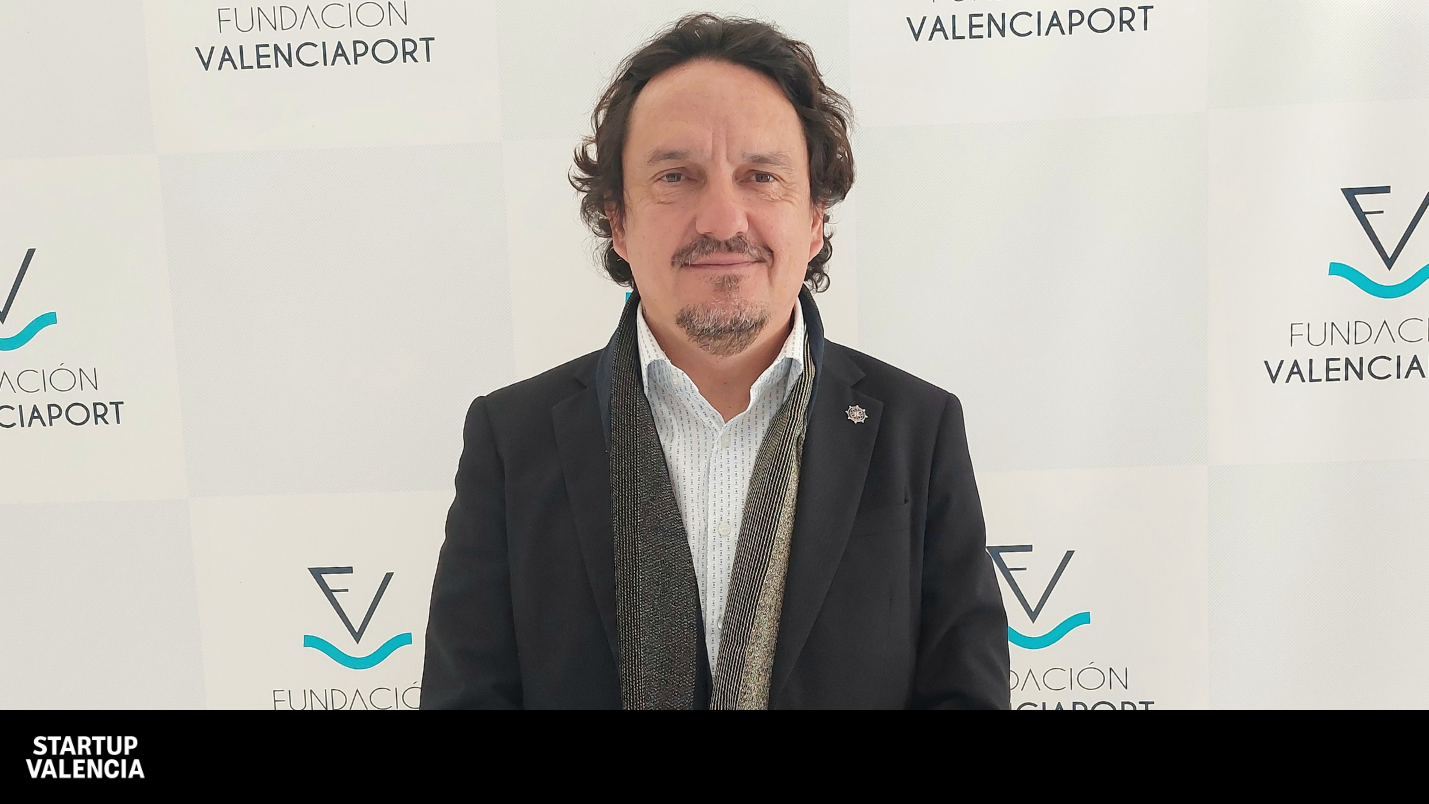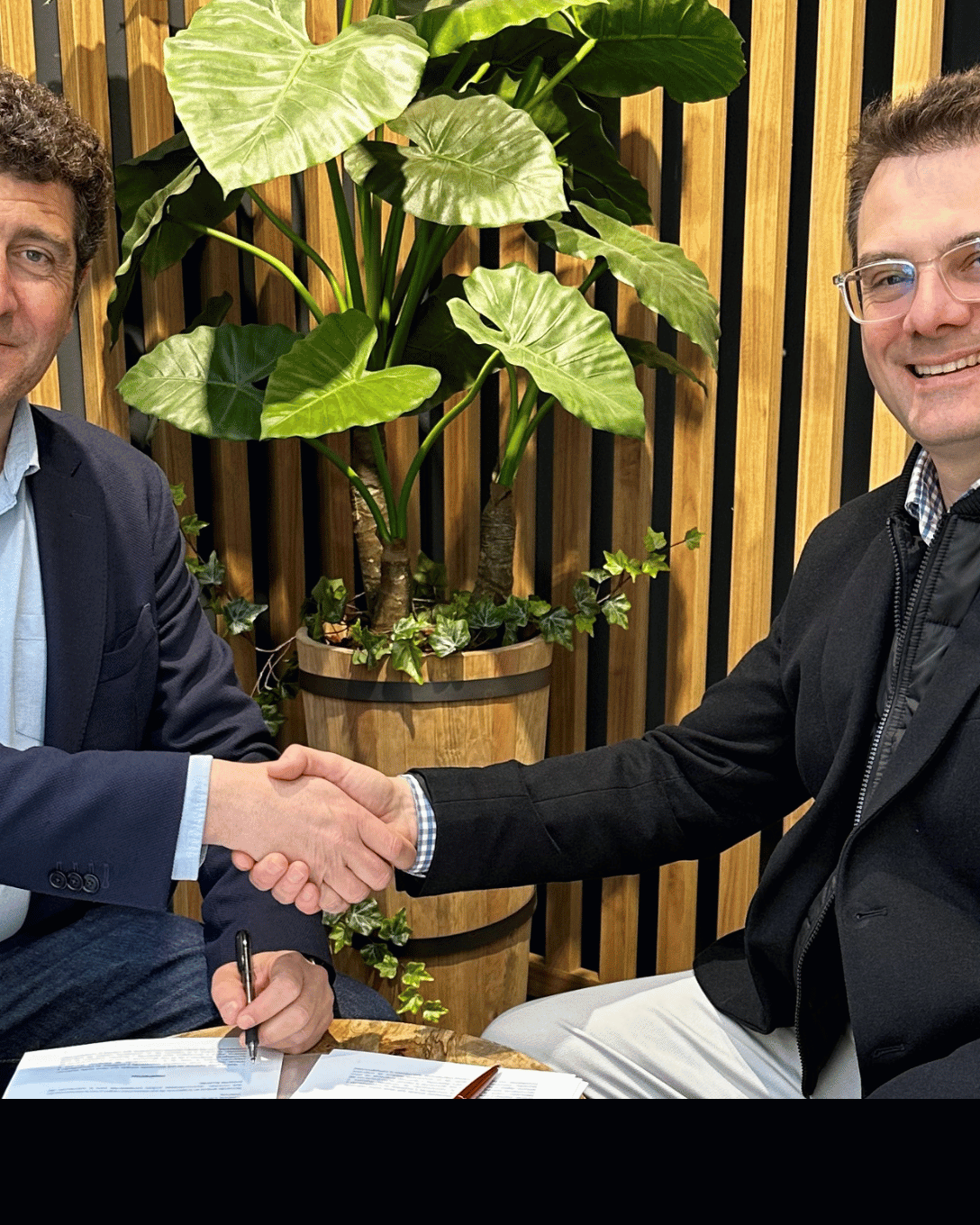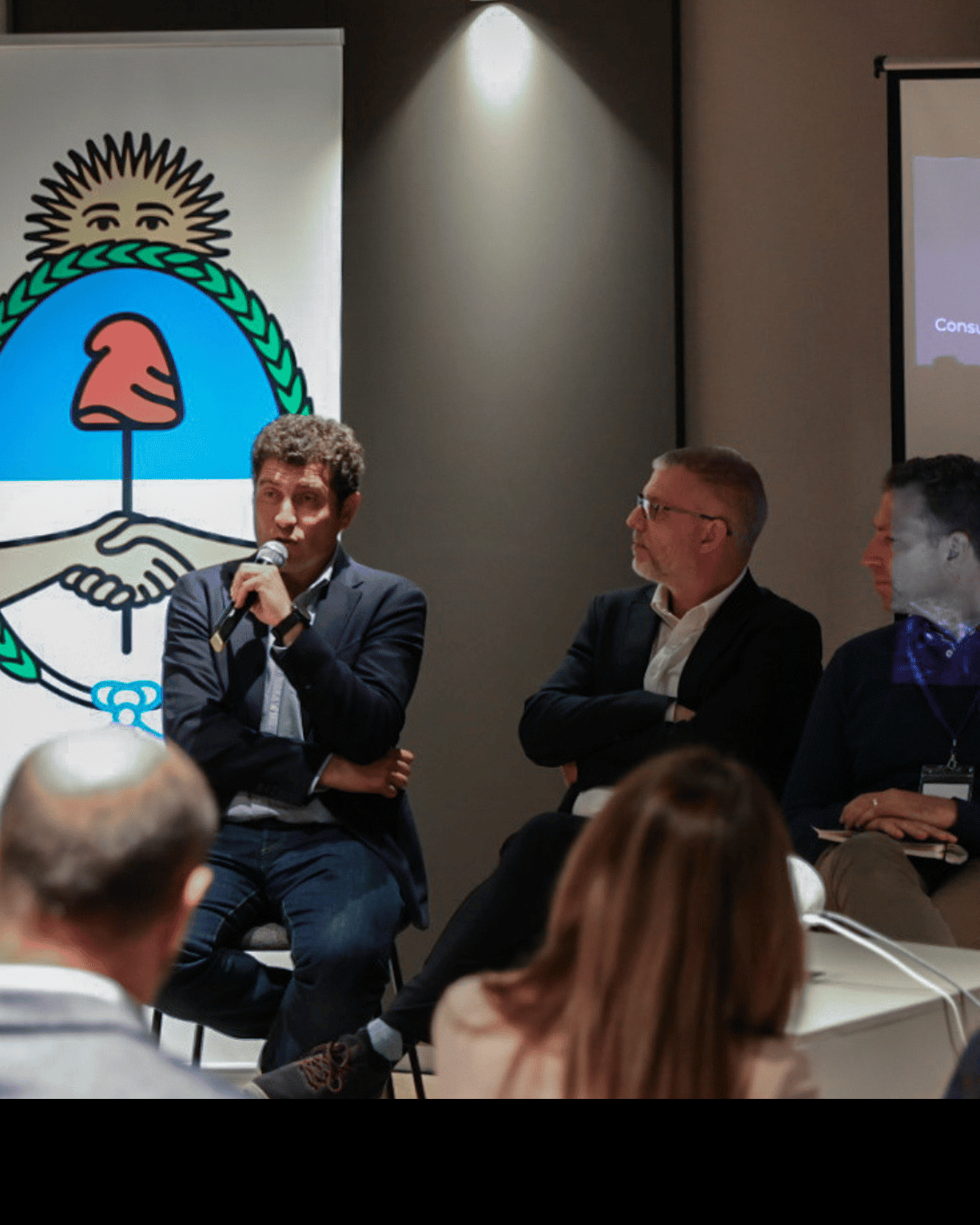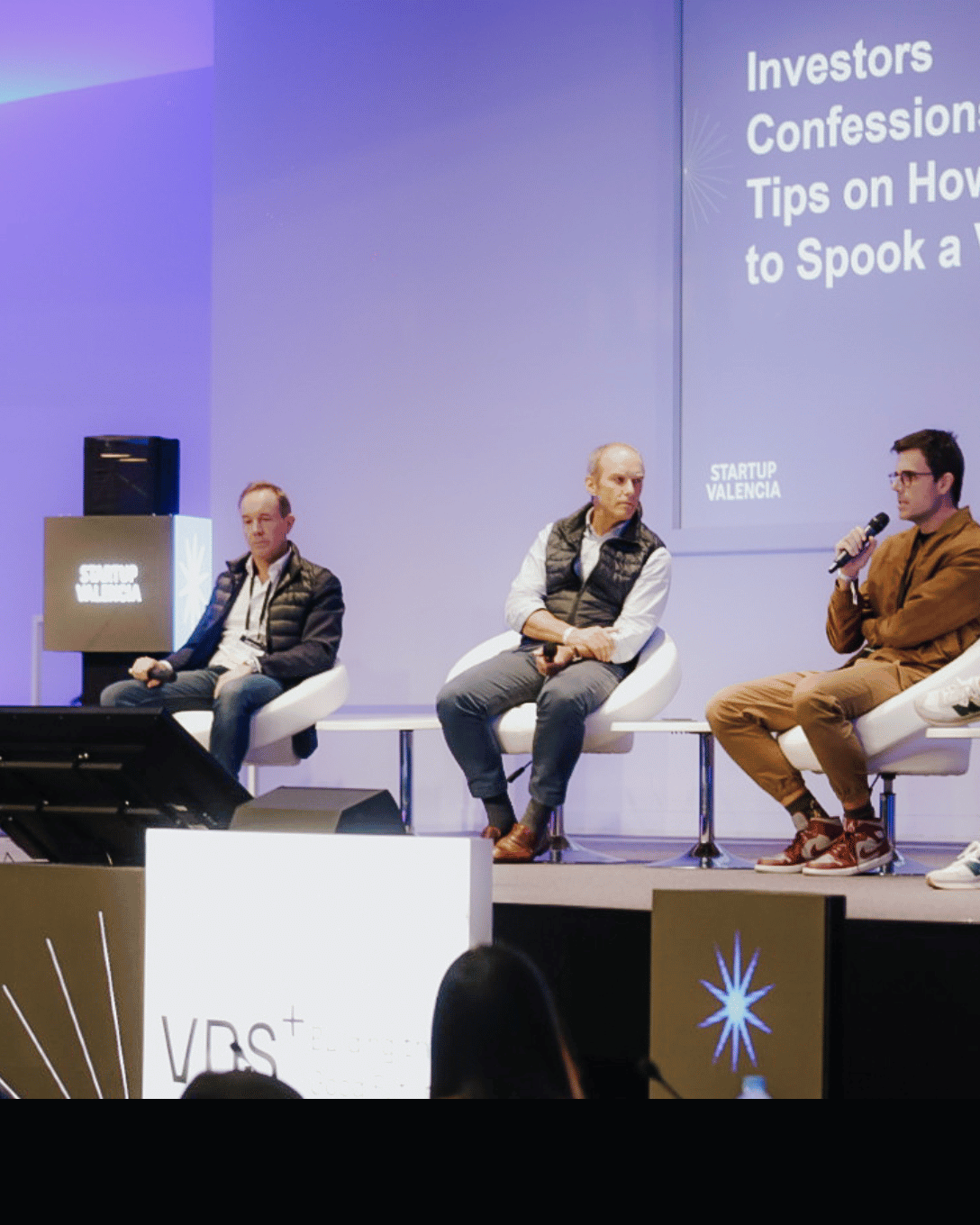The Port of Valencia serves as a vital infrastructure for both the Valencian economy and industry, while also standing out as a hub of innovation and talent attraction. The Valenciaport Foundation plays a pivotal role in servicing the port logistics cluster through the development of applied research, innovation, and training initiatives. The foundation also operates its own hub, Opentop, which focuses on promoting and working on these disruptive technologies and solutions.
We had the opportunity to speak with Antonio Torregrosa, Managing Director of the Valenciaport Foundation, to gain insight into how this innovation is structured, the challenges faced by the sector, and the objectives set for the Port of Valencia in 2023.
Ports are often associated with a traditional infrastructure where there is little room for innovation. Is this really the case?
Ports are quite complex ecosystems. There is a lot of activity related to the service sector, including commercial activities that traditionally have not been particularly intensive in terms of innovation and technology. However, there is also a lot of tech innovation involved in the industrial sector and in the port facilities themselves.
Moreover, the operators working in the ports are global, multinational companies that generate a great deal of innovation, even if not necessarily in Valencia. This creates a lot of technology and knowledge exchange, making the sector very dynamic and in need of constant innovation.
And what needs or challenges does the Port of Valencia face?
The world of ports, like so many others, is tremendously competitive. Companies that provide services to ships, exporters and importers face the challenge of improving efficiency and productivity, which allows them to be more agile, faster, and with lower costs.
Adapting to future challenges also requires a strong process of digitalisation and automation, and in this regard, many efforts are being made.
The third major challenge is demanded by society and required by public policies, especially in Europe, and is related to the energy transition. We have our Zero Net Emissions Plan for 2030, but all relevant ports in Europe that want to operate in the future will have to achieve zero emissions by 2050.
Therefore, the energy transition and the use of alternative fuels are the great challenges ahead of us.
How will innovation respond to these challenges?
In the field of digitalisation,it is clear that we have been gradually improving the port activity through progressive digitisation over the last few decades. However, the recent competitive pressure has required us to be more proactive. In that regard, we have been searching for new ways to accelerate digitisation processes, including open innovation and rapidly incorporating innovations from other sectors and areas. The same goes for the energy transition – the trend is to accelerate the processes.
You have just introduced the topic of open innovation. You have your own hub, Opentop. What drove you to develop it?
What drove us to develop this initiative was the desire to take our evolution to the next level. For many years, we have been working on R&D projects, starting with smaller, more closed projects 20 years ago, and gradually becoming more open and collaborative. We have established a broad structure of R&D projects to serve the companies in our cluster.
When we started hearing about open innovation and how startups were contributing to the development of other sectors, we saw the potential for generating innovation in our port using this approach.
In addition, we had difficulty getting innovation to the market, so we launched this innovation hub to reach the market more quickly and attract talent. This led to the creation of one of the hub’s more important components, the incubation and acceleration programmes. We also recognised the need to develop other things, such as the structure of our innovation labs and the creation of a venture capital fund to finance all this innovation.
What assessment do you make of the hub’s first year of operation?
This is still a fledgling initiative. We have just completed the first round of incubation with four startups and achieved fantastic results. We have also started the first acceleration cycle with another four startups, who began working in January. We are in the early stages, but we see a very promising future.
Which projects have already reached the market?
In the past, we incubated a startup that we created along with other tech partners. It’s called SEAPort Solutions and is already up and running, trying to carve out a niche for itself in the market.
As for startups that have started in our hub and are being launched, there are these eight that I mentioned. We still have a long way to go.
What position does Valencia hold in terms of innovation and technological advancement in the field of ports and logistics worldwide?
The Port of Valencia is the fifth largest in Europe and the 30th largest in the world in terms of container traffic. And in terms of innovation, I would say we are in the top ten globally.
There is a very important cluster formed by Rotterdam, Antwerp, Hamburg, and the ports of Northern Europe, which are global benchmarks in the field of innovation. We collaborate a lot with them, but in some cases they already have more advanced projects than ours.
At the European level, we have around 40 active projects, and there are few ports that can match our level of innovation.
At the forum you hosted at the last edition of Valencia Digital Summit, the importance of open innovation for the sector was emphasised. Are there still reservations regarding full collaboration? How do you manage this lack of ‘trust’?
It isn’t easy. It’s a fairly closed sector, and many companies don’t see the importance of investing in innovation.
Also, there is a lack of trust and a reluctance to share data and systems. Opentop faces a major challenge in implementing a sandbox with open data, enabling startups to develop and work with the sector. Although some companies have shown interest in sharing their data, it remains difficult due to the prevalent mistrust and lack of open innovation culture.
While progress is being made, there is still much work to be done to promote collaboration and trust in the industry.
Following up on VDS, in addition to the Ports & Logistics Forum by Opentop, you were present with a stand. What is your assessment of this international tech event?
The assessment is fantastic, it was an incredibly positive experience. I had the opportunity to participate in both the 2021 and 2022 editions and the improvement from one year to the next was remarkable.
Prior to the event, it seemed as though only South Summit or 4YFN existed in Spain, but I believe that over the past year, we have elevated ourselves to the top level. Our stand was bustling throughout the entire event: we made a lot of contacts, many startups approached us, and we successfully achieved our objectives, particularly in stimulating participation in our challenges.
What goals have you set for 2023?
We aim to expand our presence in the logistics sector by attracting more corporate partners to participate in our activities. This year, we have planned a new innovation cycle, starting with a hackathon, followed by a call for incubation and acceleration on the agenda.
Furthermore, we plan to launch laboratories and a venture capital fund, and thirdly, establish international networking. Our organisation has strong ties with ports in Northern Europe and in Latin America, and we intend to build a network of these partners with the goal of bringing them together for the next edition of VDS and expanding our reach internationally.
How do you think the La Terminal project will impact your area and the city?
Firstly, I want to congratulate Startup Valencia for their tenacity throughout the lengthy process. The port, both from the Foundation and from the Port Authority, has supported this project from the very beginning. We believe that it is a fantastic initiative for both the city and the port.
The concentration of innovation and talent that we are seeing in the port area is putting Valencia on the map at an accelerated pace. Therefore, this project, which will allow for economies of scale, will be extremely beneficial for the whole region.
Moreover, we, who believe in the port as a centre of innovation and a pole of attraction, are delighted to have La Terminal there and exploit the multiple synergies that will arise.



